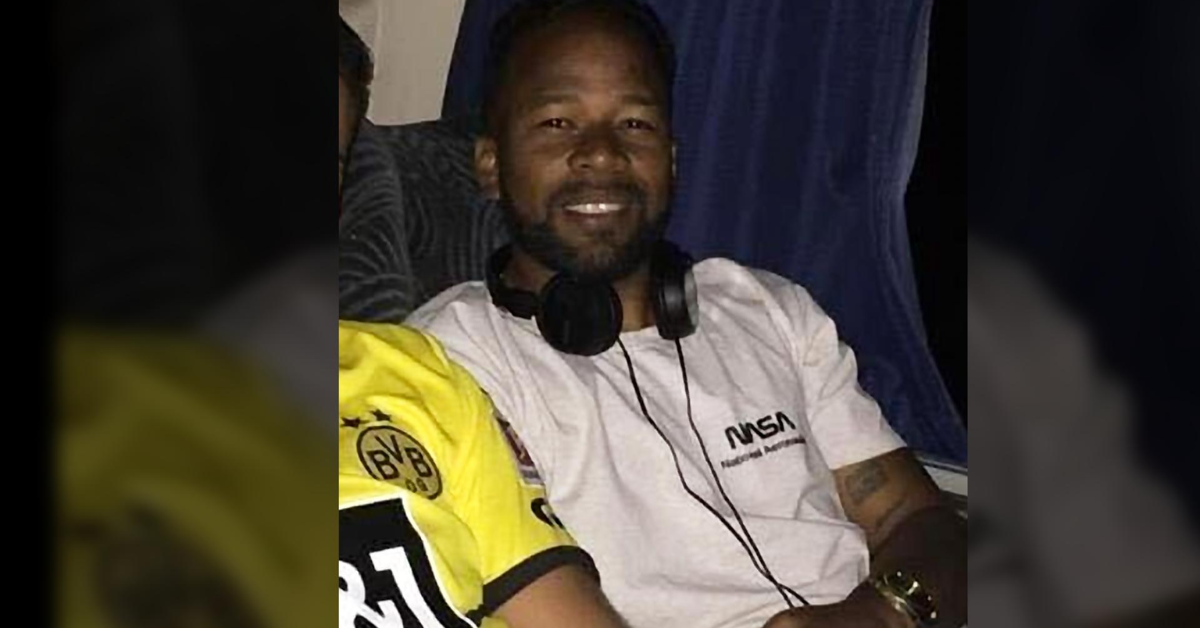President Donald Trump invoked the Alien Enemies Act to deport 130 suspected Venezuelan gang members. While the intention was to target criminals, the reality was more complicated. Many of the men deported had no criminal history, with their only apparent “offense” being the tattoos they had on their bodies. This situation has raised concerns about the fairness of using tattoos as a reason for deportation, especially when some individuals were sent to dangerous and notorious prisons in El Salvador.
The Alien Enemies Act, a law dating back to the 18th century, gives the U.S. government the authority to remove foreign nationals deemed threats to national security. Under Trump’s administration, this law was used to justify the removal of Venezuelan migrants with ties to gang activity.
However, the criteria for determining who would be deported were not always clear, leading to a situation where innocent individuals found themselves caught in a policy that seemed to judge them based on appearance alone.
The Associated Press investigation revealed a troubling pattern among the men deported: many had tattoos that were commonly associated with gang culture, but these tattoos didn’t necessarily indicate criminal activity. Some of these men had never been involved in gang-related crimes, and yet they were detained, labeled as gang members, and deported to a country where they faced extreme danger.
In El Salvador, a country notorious for its violent gang culture, many deported migrants found themselves sent straight to prisons known for their brutal conditions. The notorious jails in El Salvador, where rival gangs are often held together, have become infamous for their overcrowding, unsanitary conditions, and the frequent violence that erupts within the walls. For many of the deported migrants, this was a death sentence—sent to a foreign prison without any criminal record, but with a tattoo that was misinterpreted as a sign of gang affiliation.

These deportations to El Salvador were part of the U.S. government’s larger crackdown on illegal immigration, but the heavy reliance on tattoos as an identifying factor has sparked criticism. Experts argue that tattoos can be a form of personal expression, not always tied to illegal activities. For many Venezuelans, tattoos are simply a way of marking significant moments in their lives or paying tribute to their cultural roots, not a sign of gang membership.
The case of these deported Venezuelans raises broader questions about how the U.S. immigration system handles individuals with tattoos and how such personal markers can be used to define someone’s identity. While tattoos may have been a visible and easy way for authorities to group people together, it doesn’t take into account the complexity of each individual’s story.
As the investigation continued, it became clear that the U.S. government had not sufficiently vetted these deportations, leading to the unjust removal of men who were trying to rebuild their lives.
For those who were deported, the return to El Salvador wasn’t just a journey back to a home country—they were sent into a situation where their lives were at risk. Once in El Salvador, these individuals had to face the real possibility of being forced into gang violence, subjected to torture, or even killed by rival gangs. The irony of the deportation process is that, in attempting to remove criminals from the U.S., many innocent individuals were pushed into situations that were far more dangerous.
The issue of tattoos and gang association highlights the challenges of policing immigration based on visual markers. While law enforcement agencies may see tattoos as a clear sign of gang affiliation, it is important to remember that tattoos don’t always tell the full story.
Migrants, especially those fleeing dangerous situations in their home countries, should not be judged solely based on their appearance. Instead, a more nuanced approach is needed, one that considers each individual’s background, their intentions, and the context of their migration.
This incident has also shed light on the broader problem of immigration policies that lack transparency and fairness. By using tattoos as a criterion for deportation, the U.S. government risked punishing individuals who were already victims of difficult circumstances, such as fleeing violence and poverty in Venezuela.
The deportation to El Salvador, where some of these migrants were sent directly to dangerous prisons, demonstrated the risks involved when immigration policies fail to consider the full scope of a person’s life and situation.
As public outrage grows over these deportations, there is a call for more comprehensive and fairer immigration policies. Advocates argue that tattoos should not be used as a sole indicator of criminal activity and that deportations should be based on a more thorough investigation into an individual’s background. For those who fled violence and oppression in Venezuela, the last thing they needed was to be sent into a violent prison system that posed an even greater threat to their safety and well-being.
This story serves as a stark reminder of how immigration policies can sometimes have devastating consequences, particularly when they are based on stereotypes and superficial markers like tattoos. It is crucial that future policies take a more careful and compassionate approach, ensuring that individuals are treated fairly and not judged solely on their appearance.
Disclaimer: This article has been meticulously fact-checked by our team to ensure accuracy and uphold transparency. We strive to deliver trustworthy and dependable content to our readers.








